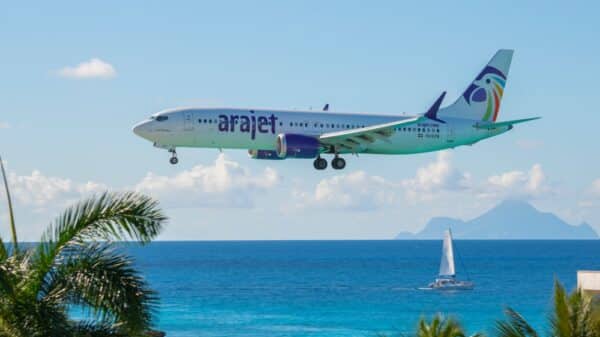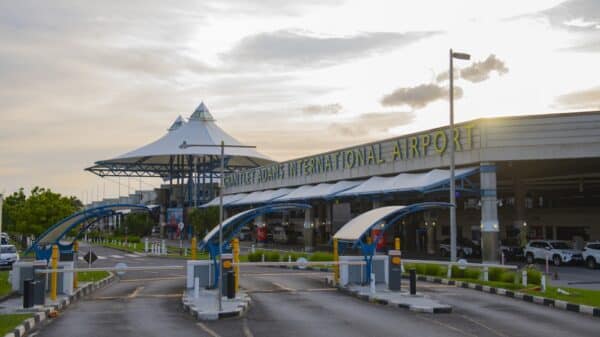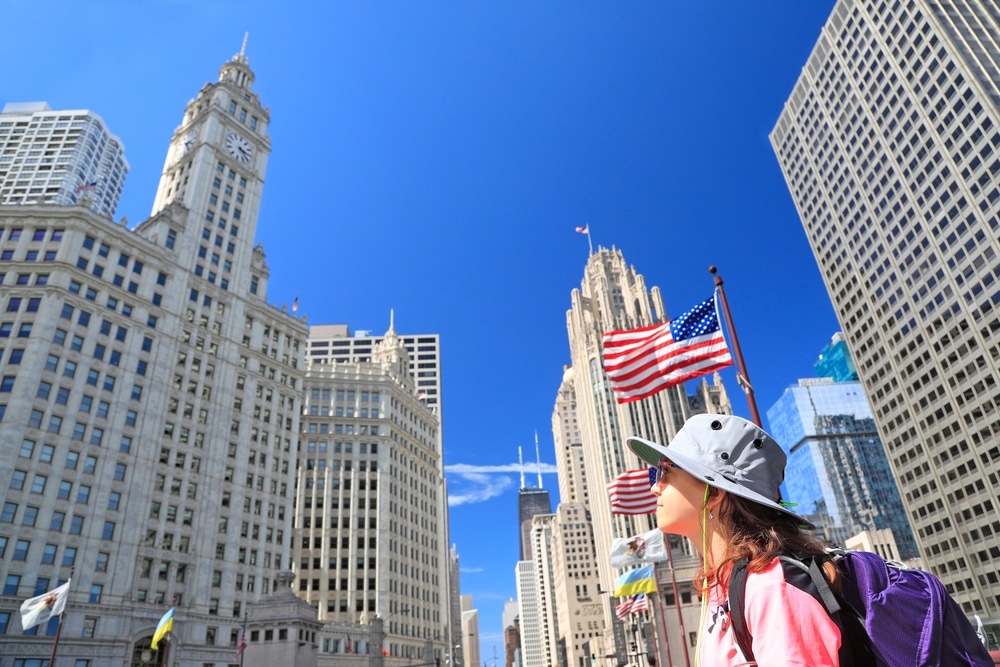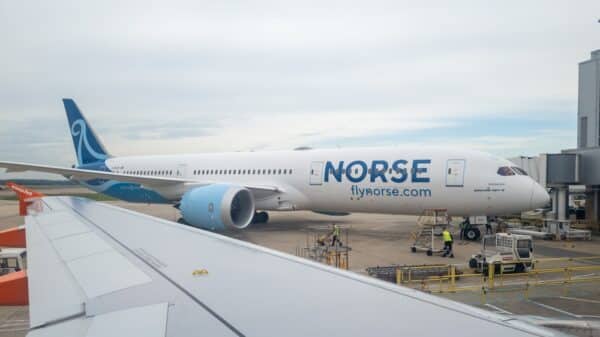International travel has always been a source of excitement, be it for students yearning to study abroad or tourists eager to explore new destinations. However, recent shifts in U.S. policy, particularly during Donald Trump’s presidency, have led many individuals to rethink their travel plans. This is particularly evident among Canadian travelers, who have been shown to significantly alter their itineraries due to concerns over entry regulations and a heightened risk of arbitrary detentions.
Research indicates that visiting the United States has become less appealing for many Canadians. In February alone, their trips to the U.S. dwindled by 12.5%, and data from March reveals a staggering 18% drop in visits compared to the previous year. So, what does that mean for those tiny businesses in bustling states like Florida and New York, which have long relied on the warmth of Canadian tourists to fuel their economy? Also noteworthy is the decline in Airbnb bookings from Canadians, which saw a 12% drop year-over-year in March, prompting airlines to reevaluate their schedules in response to this decline.
The ramifications extend beyond just numbers; they tap into the very fabric of U.S.-Canada relations and tourism interplay. Some states that traditionally bask in the glow of Canadian visitors, like sunny Florida and cultural hubs such as New York, are bracing for a significant economic fallout. In fact, many Canadians are choosing to boycott American products altogether, which further compounds the pressure on businesses that thrive on American exports.
But it’s not just our neighbors to the north who are reconsidering their travels. European tourists are also scaling back plans, with notable declines from the Western European countries. The U.S. has seen a drop of more than 100,000 visitors from countries like the U.K., Spain, and Germany within just a month. That’s significant! It underscores a broader trend where international arrivals — be it by land, sea, or air — fell by 3.3% year-over-year in March. Although March may not be peak season for tourism, the full extent of these effects might only unfold during the busy summer months. Interestingly, despite the general downturn, some specific travel, like Canadian hockey fans attending games and bookings in warm spots like Miami, have remained steady, suggesting that certain desires still overrule broader concerns.
According to projections from Goldman Sachs, the combined effects of these travel hesitations and product boycotts could potentially lead to a staggering loss of around $90 billion in revenue. This isn’t just a hit for the tourism economy; it resonates through every airport and small business that relies on the vibrant flow of international visitors.
However, the implications stretch far beyond tourism revenue. In 2024, the tourism sector in the U.S. generated an impressive $1.3 trillion and employed roughly 15 million people. Yet, with recent policy changes, the country risks losing its allure as a destination for both travel and education. Several governments, including those of Germany, Canada, and the U.K., have issued travel advisories citing fears about lengthy detentions. There are stories circulating of border officials detaining travelers for extended periods, leading Canada to recommend that its citizens keep burner phones on hand to protect against potential searches of their electronic devices.
The concerns don’t stop there. In various European nations, specifically Denmark, France, and the Netherlands, the U.S. policies have raised eyebrows, especially among LGBTQ+ travelers. Many fear that their safety may be compromised, particularly for transgender individuals.
China has similarly raised alarms, particularly concerning students contemplating their education in the U.S. Tensions between the Trump administration and elite universities have left many feeling uncertain about their futures, especially with reports of halted federal funding and threats against schools that host international students.
Additionally, many international students in the States found themselves facing abrupt visa cancellations, often for minor infractions or with no clear reasoning offered. This has led to a wave of legal challenges, with over 1,000 students affected, raising serious concerns about their rights and due process in the eyes of the law. With more than 1.1 million foreign students enrolled in American universities during the last academic year, how these prospective students decide in the coming months could have a profound impact on the revenue and sustainability of these institutions.
The changes in travel policies and perceptions are more than just numbers—they affect families, cultures, and relations between nations. In a world where boundaries can feel increasingly rigid, the hope is that these concerns will be addressed, allowing for a return to the vibrant exchange that travel and education have always promised.
Image Source: Vlad G / Shutterstock





























